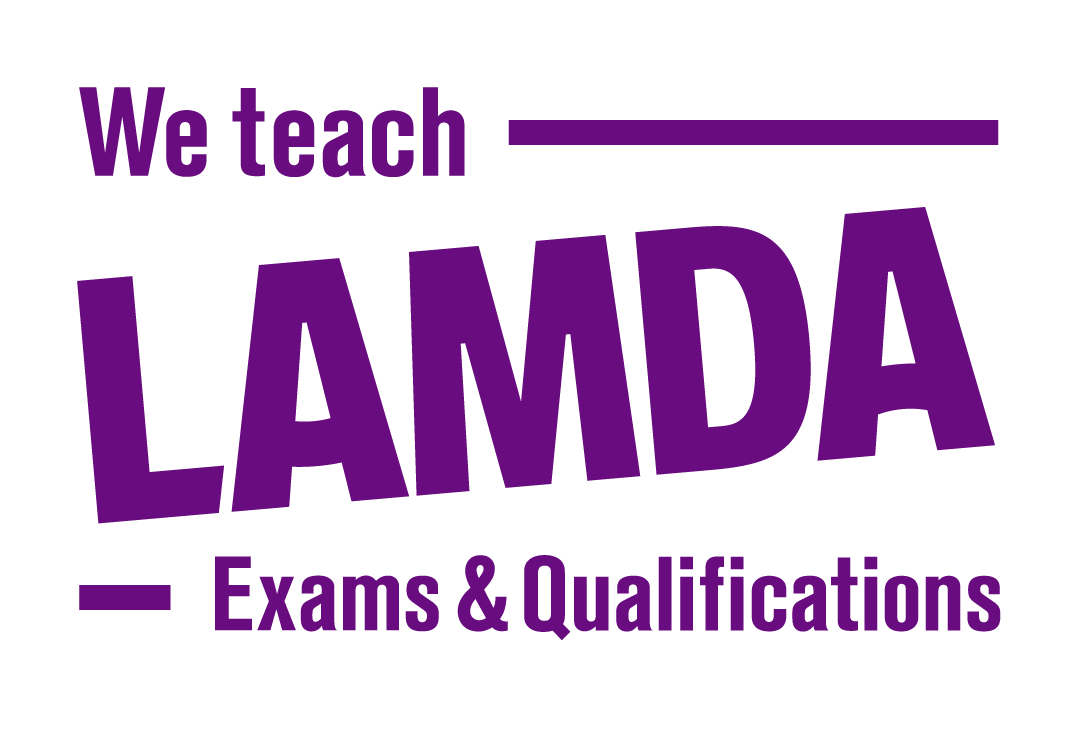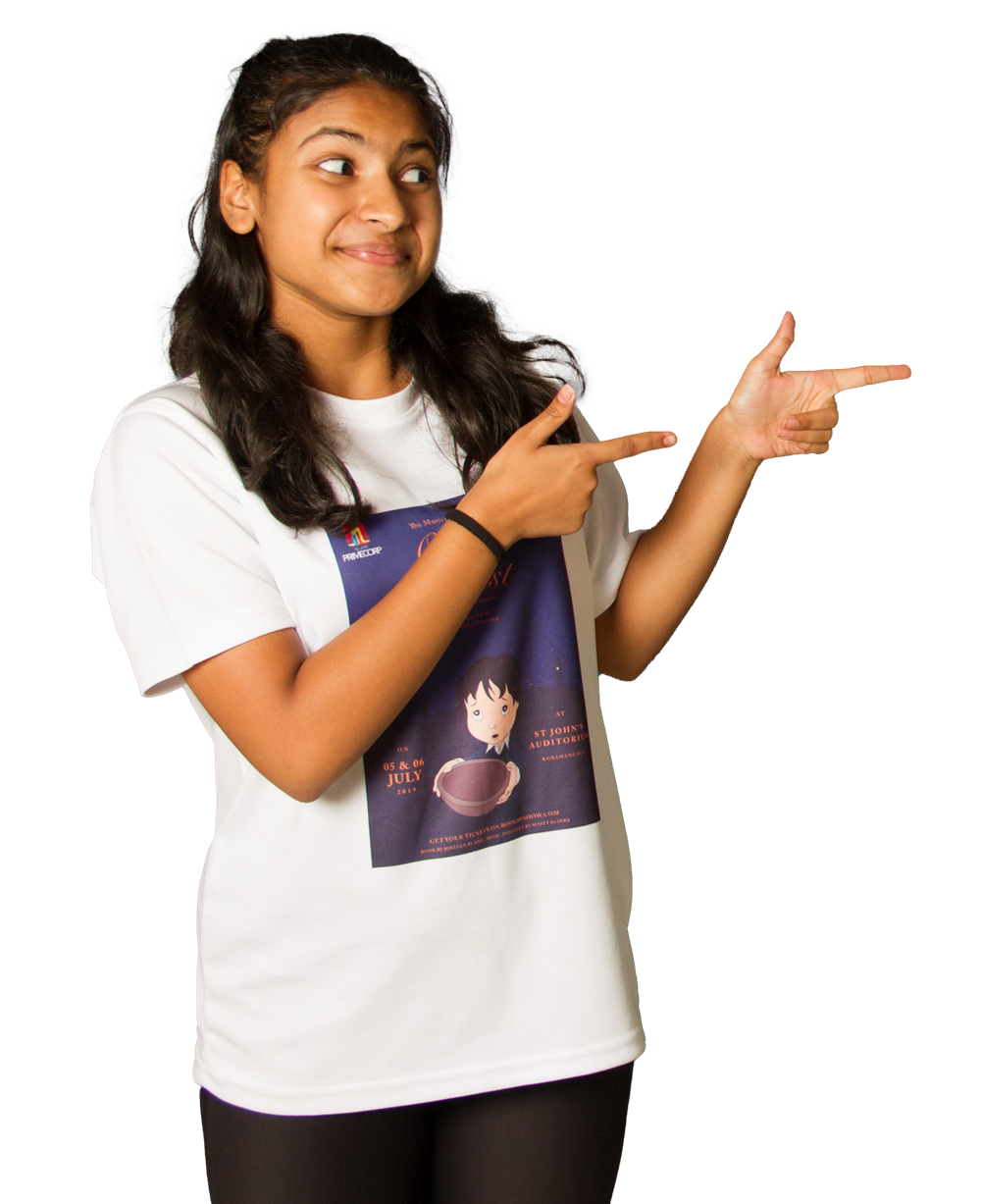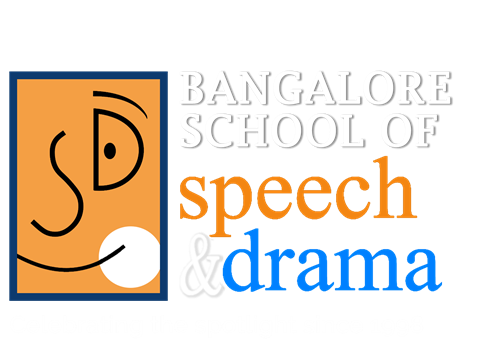About LAMDA
The London Academy of Music and Dramatic Art (LAMDA) is a drama school located in Hammersmith, London. Founded in 1861, it is the oldest specialist drama school in the British Isles and a founding member of the Federation of Drama Schools.
In the 1880s, LAMDA began offering speech examinations to the public. Since then, these examinations have been refined and developed into a comprehensive system of performance evaluation. LAMDA Examinations has emerged as the largest Speech and Drama Board in the United Kingdom.
LAMDA Exams are about achievement and empowerment. As qualifications have moved on over the years, their principal aim remains the same: to provide all people with the opportunity to improve self-expression, self-assurance and, most importantly, have fun.
LAMDA’s headquarters is based in London, and it is here that Benedict Cumberbatch, Richard Armitage and many leading actors and communicators including politicians, lawyers and leaders trained in communication and the dramatic arts.

BSSD & LAMDA
BSSD is the single largest LAMDA training institute in India. Our students appear for the annual LAMDA exams, systematically progressing from one level to the next. Every BSSD student at the Advanced level attempts the LAMDA examination moving up from the entry level to grade one, grade 2, all the way up to grade 8. These examinations add tremendous value to an already power packed program. Students that train for these exams are invariably more confident and articulate. In addition to these benefits, LAMDA examinations offer students formal qualifications (certification) in Public Speaking and Drama and will enhance any CV. In fact, the LAMDA syllabus offer students invaluable UCAS points, for those students applying to university or colleges in the UK.
At BSSD, exams can be taken at different levels
- Entry
- Level 1 – Grades 1, 2 & 3
- Level 2 – Grades 4, & 5
- Level 3 – Grades 6, 7 & 8 (known as Bronze, Silver & Gold)
All students are examined by a LAMDA examiner who comes down to our centre to conduct the exams from the UK.
This means that all students, families and teachers can all be assured that the students will be examined and graded fairly.
Why take a LAMDA exam?
Through the grades, LAMDA offers an ongoing measurement of speech & drama progress which benchmarks every stage of a students development. They support a steady improvement in self confidence, vocal and physical technique.
LAMDA exams are strictly accredited and monitored by OfQual. The exams are created to suit abilities of children of all ages, from a young child being able to recite a short poem from memory, to a teenager delivering a meaningful Shakespearean monologue – all ages and abilities should be celebrated and recognised with national recognised qualifications.

Who should take the LAMDA exams?
- Anyone who loves drama
- Existing students with an aptitude for drama and want to polish technique and prepare for auditions
- Anyone who wants to work on their presentation skills
- Students who wish to gain more UCAS points for university level.
LAMDA has a Reasonable Adjustment Policy. This policy makes allowances for students with educational needs or those for whom English is a second language.
What happens in a LAMDA exam?
A LAMDA exam will last for between 10 minutes for a lower grade and 30 minutes for the highest grades. The exam has two parts, first the student performs chosen pieces to the examiner and then the examiner has a discussion with the student.
The number and type of pieces that are performed and the nature of the discussion depends on the level and grade being examined.

How is a LAMDA exam marked?
The maximum mark for an exam is 100. This is divided into three sections
- Interpretation
- Technique
- Knowledge
The Interpretation mark reflects the student’s imaginative engagement with the written word – how well has he or she grasped and communicated
- the surface message
- the underlying emotional content?
The Technique mark reflects the students’s vocal and physical performance – how well does he or she use the voice and body to
- engage the listener
- give a sense of conviction and truthfulness?
The Knowledge mark reflects the student’s
- theoretical understanding of language and/or performance
- ability to share their ideas in discussion.
The total marks then provide the overall grade
80+ Distinction
65-79 Merit
50-64 Pass
We at BSSD are extremely proud to have consistently produced exemplary results across all grades at the LAMDA exams



